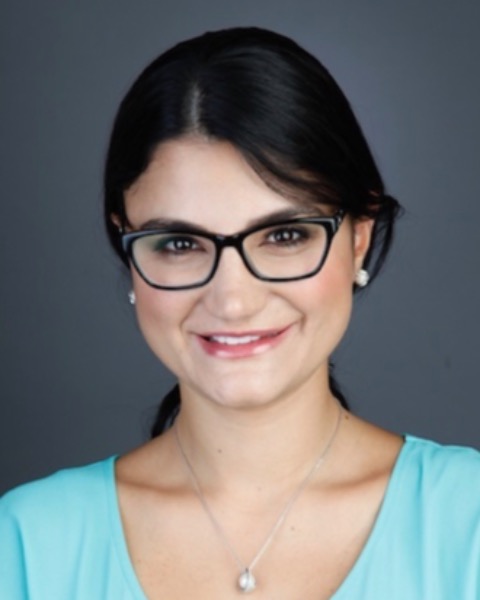Palliative Care
Session: Palliative Care Works in Progress
WIP 36 - Mastering Clinicians Competencies Leading Difficult Conversations in Neonatology Through a Multi-modal Palliative Care Workshop
Saturday, May 4, 2024
3:30 PM - 6:00 PM ET
Poster Number: WIP 36
Publication Number: WIP 36.865
Publication Number: WIP 36.865

samira abudinen vasquez, MD (she/her/hers)
Neonatal and Perinatal Medicine Fellow
Tufts Childrens Hospital
boston, Massachusetts, United States
WIP Presenting Author(s)
Background: Neonatal-perinatal fellowship training per ACGME guidelines includes the core competencies of interpersonal and communication skills, however there are no clear methods on how to train or prepare fellows for how to translate this to challenging psychosocial scenarios. Neonatology fellows have reported being uncomfortable or only somewhat comfortable leading difficult conversations. Some parents prioritize any form of survival, disregarding disability’s impact on a fulfilling life. This often contrasts with the views of the medical team, underscoring the need for improved communication to navigate these differences. Healthcare providers can enhance patient connections by refining communication skills, addressing personal biases, and re-evaluating preconceptions.
Objective: Overall goal is to develop a novel integrative experience where simulated complex medical cases are combined with difficult conversations to guide patient care. We hypothesize this experience will mirror real life scenarios improving clinicians knowledge, communication skills, and attitudes leading difficult conversations.
Design/Methods: Each year the Tufts Newborn Medicine simulation program has a boot camp in December where senior fellows engage in difficult conversations with parents who are portrayed by professional actors. This year we will pilot two new integrated palliative care-simulation experiences instead of paper-based cases with table discussions. Using prior teaching strategies combined with new didactics, participants will be educated during debriefing on communication skills. The new experiences will include two high-fidelity cases with devastating clinical outcomes that have to be explained to parents in real-time as the case progresses. Then, with the consent of participants we will evaluate knowledge, and skills surrounding difficult conversations pre-and-post intervention. Study data will be collected through Qualtrics. All study data will be stored in a password-protected file and analyzed by March, 2024 and used to develop a separate unique palliative care workshop in the future.
